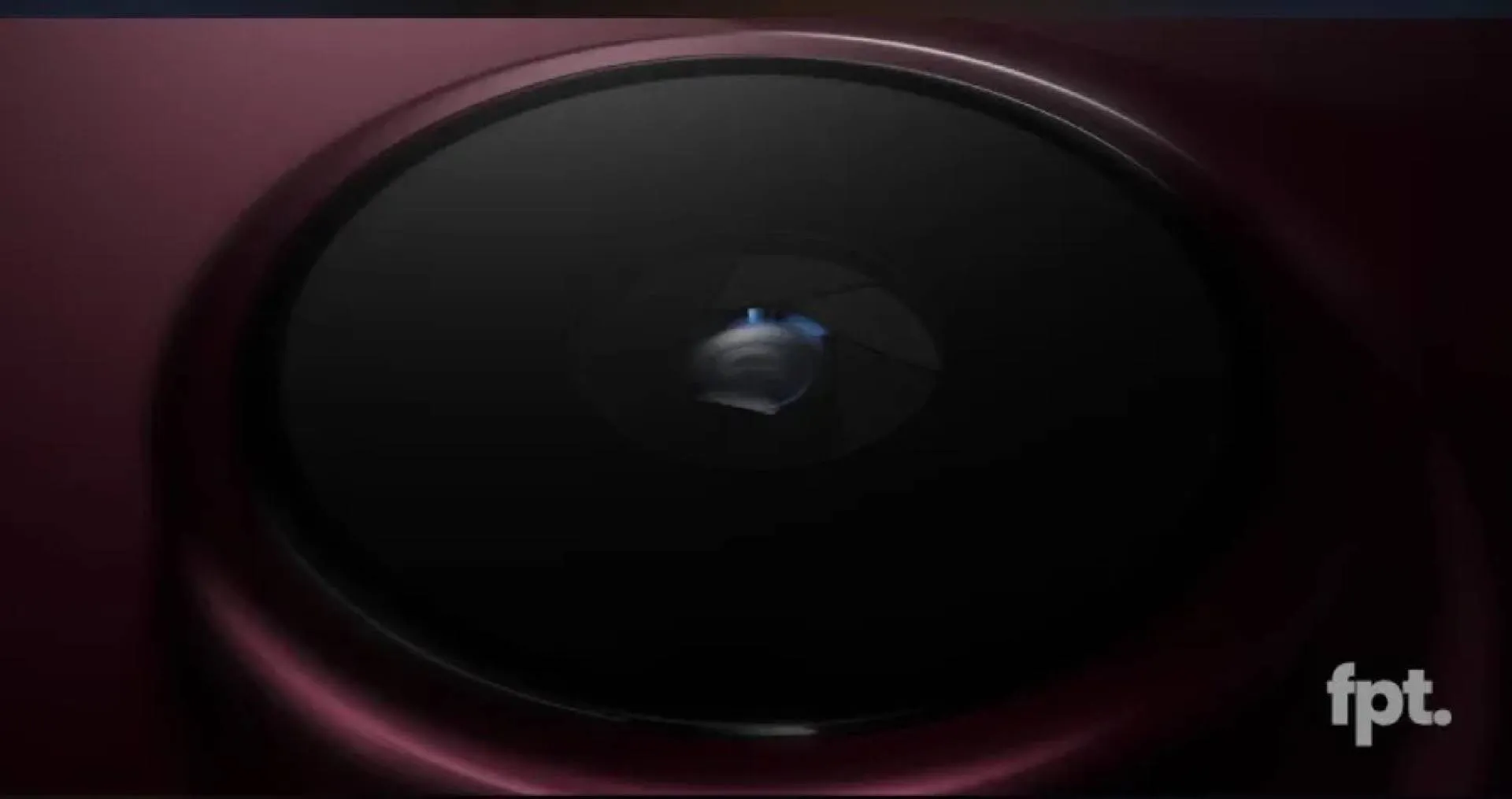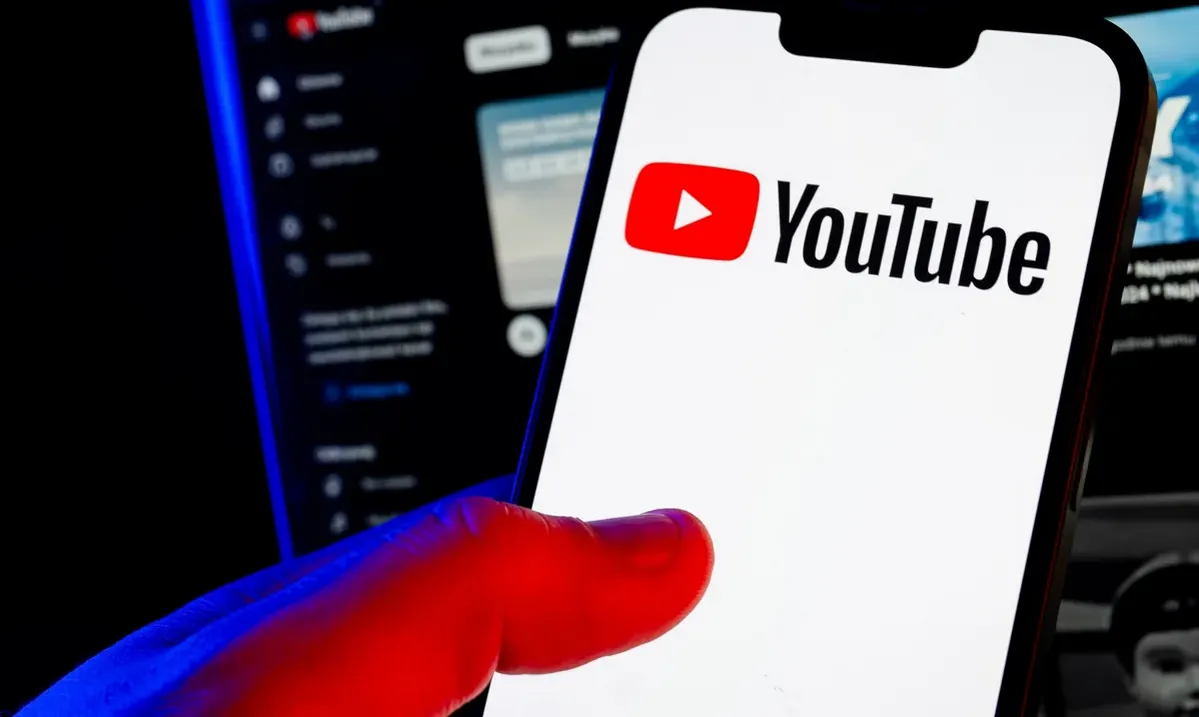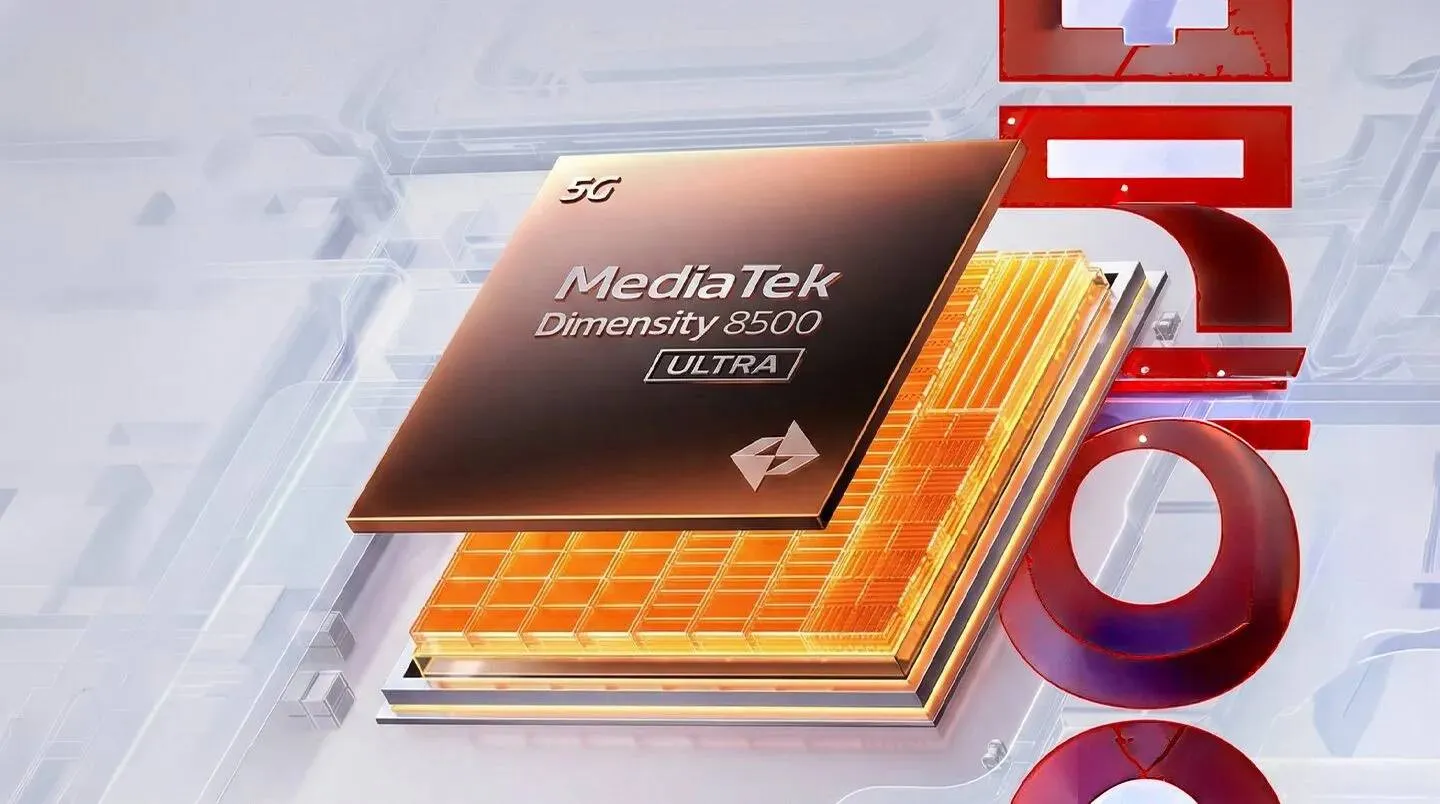U.S. Supreme Court rejects separate requests from Apple and Epic Games in their long-standing lawsuit over App Store rules
newsTuesday, 16 January 2024 at 15:32
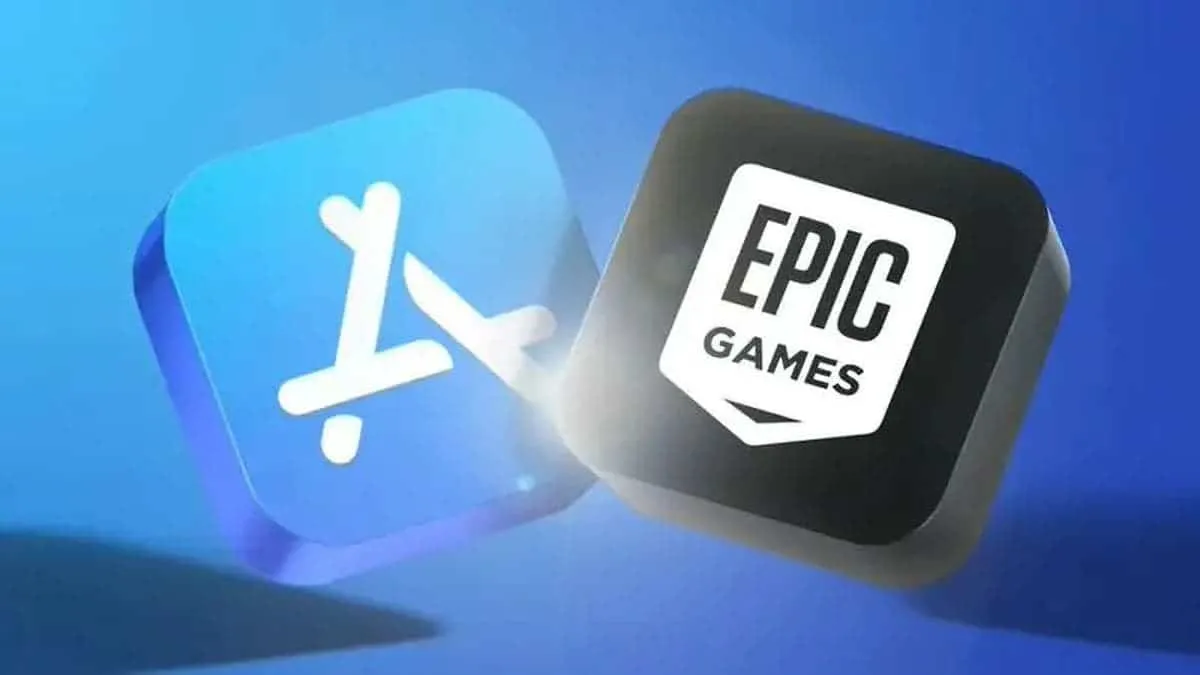
The U.S. Supreme Court has rejected separate requests from Apple and Epic Games in their long-standing lawsuit over App Store rules. The court's decision means that the legal battle between the two companies will not be reviewed by the Supreme Court.
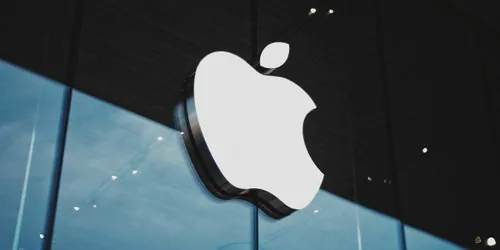
Background
The long-standing legal battle between Apple and Epic Games began in August 2020. Epic Games intentionally violated Apple's App Store guidelines by introducing its payment system in the popular game Fortnite. This move led to Apple removing Fortnite from the App Store, prompting Epic Games to file a lawsuit against Apple. Epic Games alleged that Apple's App Store practices, including its 30% revenue cut and restrictions on alternative payment systems, constituted anticompetitive behaviour.
In response, Apple filed a countersuit, claiming that Epic Games had breached its contract with Apple and seeking damages for the violation. The trial, which took place from May 3 to May 24, 2021, resulted in a mixed ruling, with the judge finding in favour of Apple on nine of ten counts. However, it ruled against Apple on its anti-steering policies under the California Unfair Competition Law.
The legal battle between Apple and Epic Games has extended beyond the United States, with Epic Games also filing similar charges against Apple in the European Union and Australia. The case has drawn global attention and highlighted the longstanding resentment of app developers towards the in-app purchasing fees and restrictions imposed by both Apple and Google. The legal saga, which has been closely followed by the tech industry, is likely to have far-reaching implications for the app store ecosystem. It may also shape the relationship between app developers and platform owners.

Requests by Apple and Epic Games
Apple filed a request in September last year, asking the U.S. Supreme Court to hear its appeal regarding the portion of the legal dispute that Epic won. This involves Apple's so-called "anti-bootstrap" rules, which prohibit iOS app developers from directing users to purchase methods other than the App Store, thereby bypassing Apple's revenue share. The U.S. Supreme Court rejected this request by Apple
The U.S. Supreme Court also rejected Epic Games' request for it to rule on the case. Before this, in April last year, the U.S. Ninth Circuit Court of Appeals supported the lower court's ruling. It ruled that Apple's App Store rules did not violate the Antitrust Law.
Supreme Court's Decision
Today, the U.S. Supreme Court announced that it would not review the legal battle between Apple and Epic Games over the App Store. This decision effectively upholds the lower court's rulings in the case. Apple can continue to ban the use of third-party payment processing in apps. However, it must allow developers to inform users of other purchase options outside of the App Store.
The Supreme Court did not state why it is refusing to review the case between Apple and Epic Games. Often times, when the Supreme Court refuses to review a case, it is because it believes that the ruling by the lower courts is competent enough. Of course, when the higher court does not review a case, the ruling of the lower court stands.
Implications
The U.S. Supreme Court has declined to review a legal dispute between Apple and Epic Games over the App Store. The dispute revolves around Apple's 15% to 30% cut of revenue from in-app purchases and its "anti-steering" rule that bars developers from directing users to by-pass Apple's revenue cut. The implications of this decision are as follows:
1. Apple's Anti-Steering Rule: Apple will have to allow developers to inform users about alternative purchasing options. However, it is not clear if this change prevents developers from circumventing Apple's revenue cut.
2. Epic Games' Attempts: Epic Games has been unsuccessful in its bid to make Apple allow it back onto the App Store or let developers distribute apps via third-party payment processors.
3. Global Regulation: Apple may face more pressure to open up iOS in Europe, where it is currently fighting attempts to regulate the App Store under antitrust laws.
4. Epic Games' Legal Battle: Epic Games has lost its attempt to make Apple allow developers to distribute apps via third-party payment systems, and Fortnite is unlikely to return to iOS.
5. Apple's Reprieve: The Supreme Court's decision allows Apple to continue its anti - steering rules, which it has been trying to change through legal appeals.
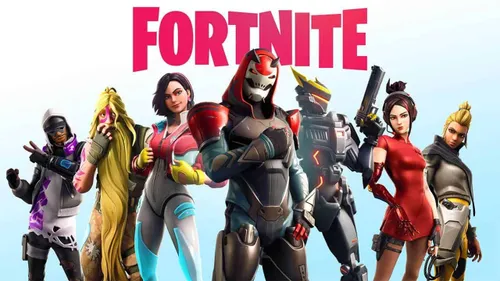
Reactions
Following the Supreme Court's decision, Tim Sweeney, the founder and CEO of Epic Games, expressed disappointment, stating that the "court battle to open iOS to competing stores and payments is lost in the United States." Apple has not yet publicly commented on the Supreme Court's decision. In a series of posts Tuesday, Epic CEO Tim Sweeney called the Supreme Court’s denial a “sad outcome for developers” while also applauding the prospect of enabling consumers to see “ better prices on the web.”
Final Words
The U.S. Supreme Court's rejection of the separate appeals from Apple and Epic Games marks a significant development in their legal battle over the App Store rules. The implications of this decision are likely to reverberate across the tech industry and the broader digital economy. Apple can continue to ban the use of third-party payment processing in apps. However, it must allow developers to inform users of other purchase options outside of the App Store.
Author Bio
Efe Udin is a seasoned tech writer with over seven years of experience. He covers a wide range of topics in the tech industry from industry politics to mobile phone performance. From mobile phones to tablets, Efe has also kept a keen eye on the latest advancements and trends. He provides insightful analysis and reviews to inform and educate readers. Efe is very passionate about tech and covers interesting stories as well as offers solutions where possible.
Popular News
Latest News
Loading

